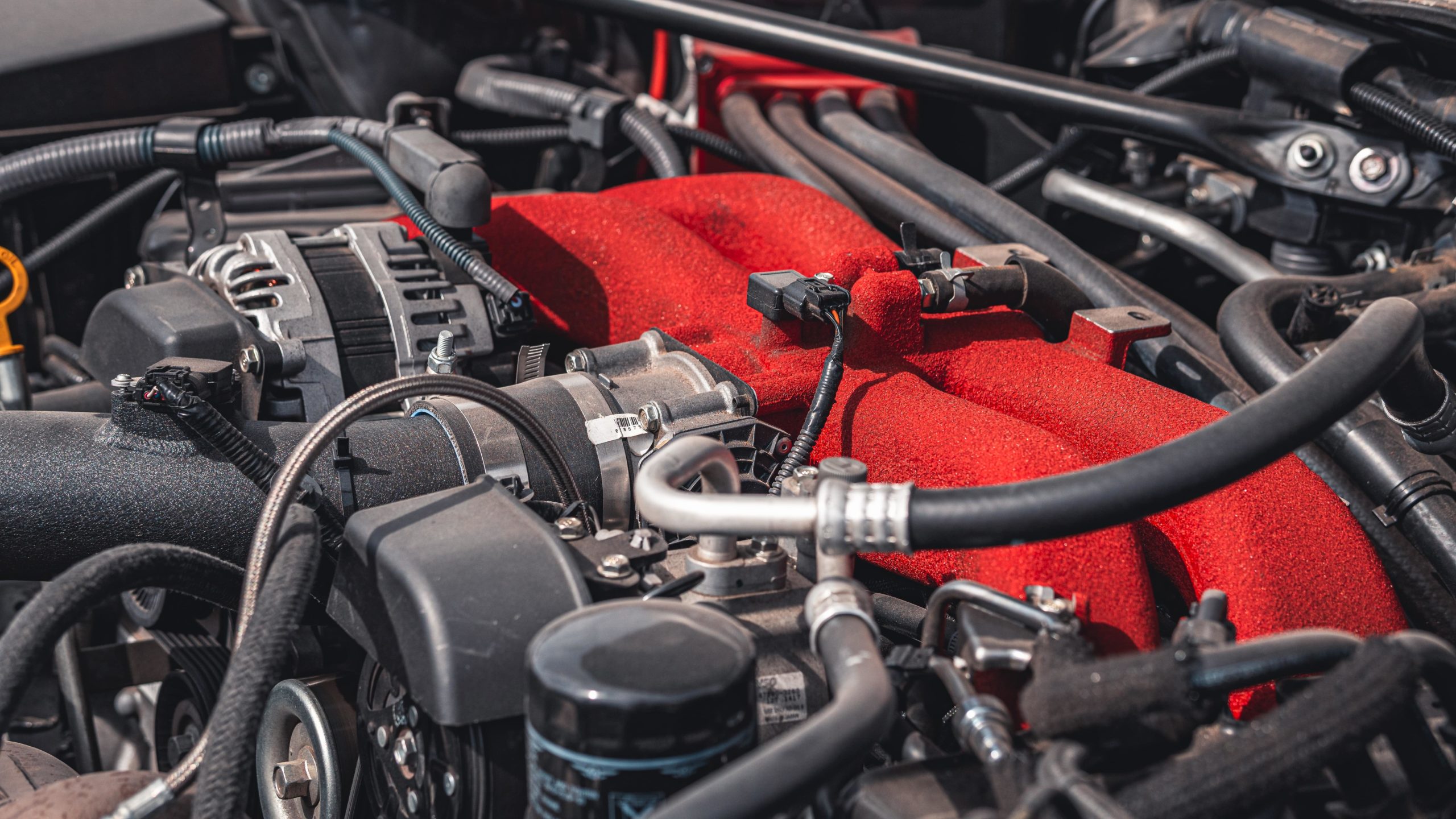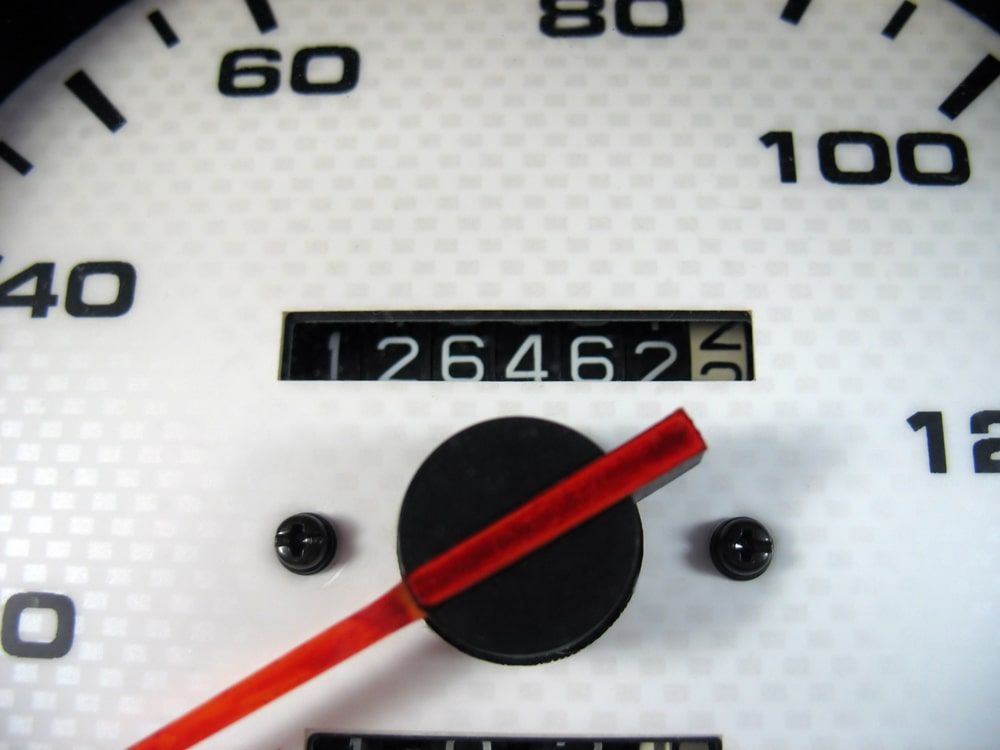Have you ever been out driving and suddenly hear your engine making a horrific sound, like every cat in the country just had their tails stepped on? If your answer is no, you are extremely lucky. That kind of sound is never a good sign. Your mechanic takes a look at the problem and comes out with a very serious look on his face. He says it’s not good and the repairs are going to cost more than you imagine.
You start wondering. Is this something covered by car insurance?
If you think your car insurance will cover this type of situation, you are mistaken. It is a prime situation where having an extended warranty is the best answer.
Owning a car can get expensive at times. That is why you have car insurance and why you need to have an extended warranty in place. Let’s learn a bit about both and what makes them different from each other.
What Is Car Insurance?
Car insurance is a contract between you and your insurance company. In exchange for the premiums you pay, the insurance company guarantees it will cover losses that you incur due to a collision, theft, or act of nature.
In almost all jurisdictions, you must have auto insurance in place for all tagged vehicles in your name and/or possession. It is required by law. If you let the insurance lapse, you can have your license suspended, your car seized, or face stiff financial penalties.
What Is a Car Warranty?
A car warranty covers certain mechanical problems that do not occur due to events covered by insurance. For example, if one of the valves in your engine seizes because the oil level got too low, a warranty would cover the costs of repair while insurance would not cover it at all.
Now, when you purchase a brand new vehicle from a dealer, you get a new car warranty with it. The warranty typically covers the powertrain, which includes the engine, transmission and related parts. This warranty can run from 2 to 5 years, depending on make and model. Its cost is usually included in the purchase price of the vehicle.
Once that new warranty runs out, you can purchase an extended car warranty to replace it. You can also purchase such a warranty when you purchase a used vehicle. That warranty can cover just the drive train or can cover more, depending on which policy you choose.
Car warranties do not cover regular maintenance items like oil changes, worn tires, or depleted brake pads.
What Are the Differences?
Here are some key differences between car insurance and car warranties:
- Car insurance is legally required if you have a tagged vehicle. A car warranty is never a legal requirement.
- Car insurance protects you from financial losses due to external sources such as collisions, theft, and acts of nature. A car warranty protects you when your car fails on its own.
- Car insurance is something you must have at all times. A car warranty is something you can get at the time you buy the vehicle or is something you can purchase at a later time.
- Car insurance does not cover the costs of a vehicle breakdown. A car warranty will cover certain types of vehicle breakdowns as stated in the warranty itself.
- Car insurance allows you to choose what type of coverage you want and how much your deductibles will be. Car warranties allow you to do the same.
Simply put, you protect your car from accidents with insurance. You protect your car from repairs with an extended auto warranty. Getting an extended warranty on your vehicle is the smart move to make if you want to avoid major repair costs down the road. Here is the list of the top extended car warranty providers in the United States.









